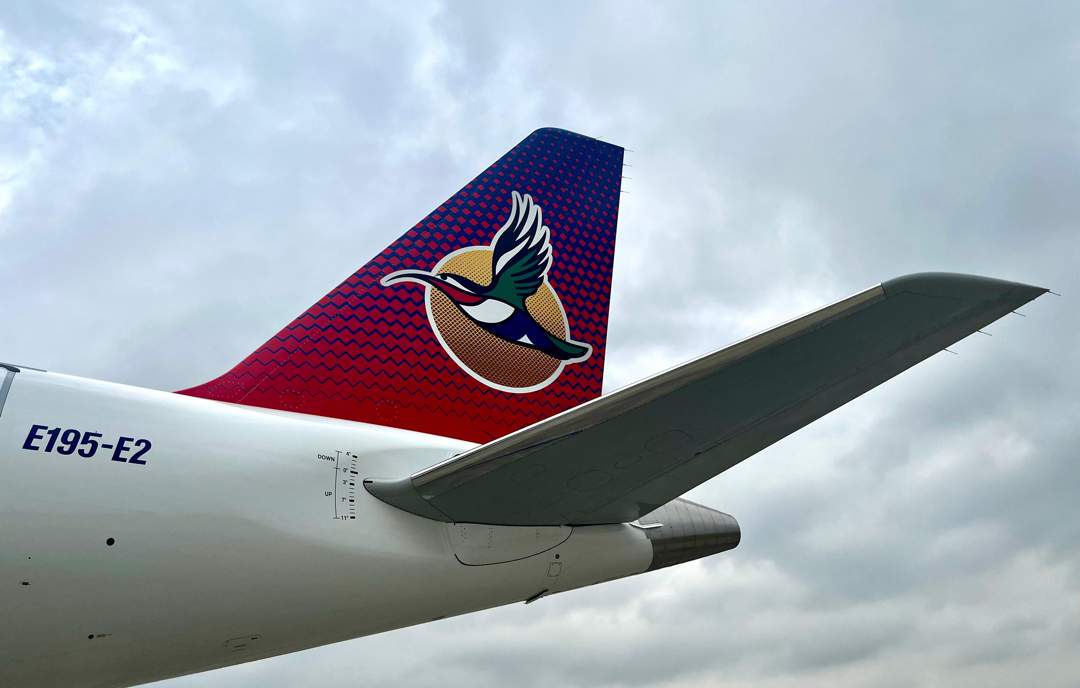Introduction
In recent weeks, Airlink, one of South Africa’s leading regional airlines, has faced significant flight disruptions that have raised concerns among travelers. With the airline operating over 40 destinations within Southern Africa, these disruptions impact not only individuals traveling for leisure but also business travelers and logistics in the region. Understanding the causes and implications of these disruptions is essential for anyone planning to fly with Airlink in the near future.
Causes of the Disruptions
The flight disruptions have been attributed to several factors, including technical issues with aircraft, staffing shortages, and adverse weather conditions. Airlink released a statement stating that unforeseen maintenance requirements on certain aircraft models forced the cancellation of several flights, which affected thousands of passengers in the past month. Additionally, the aviation industry in South Africa is grappling with a higher than usual absenteeism rate among staff, further compounding the operational challenges.
Impacts on Travelers
The impacts of these disruptions have been felt across various sectors. Passengers have reported extended wait times for rebooking and difficulties accessing customer support. Many travelers have been forced to change their plans last minute or seek alternative modes of transport, leading to frustration and lost revenue, especially for those in the business sector. Airlink has apologized for the inconveniences and is actively working to resolve the issues while maintaining safety as a priority.
Airlink’s Response
In response to the ongoing challenges, Airlink has announced measures to better manage their scheduling and enhance their customer service. These include the recruitment of additional staff and increasing maintenance schedules to reduce the incidence of technical delays. The airline is also investing in improved technology for reservation systems to facilitate smoother rebooking processes for affected passengers.
Conclusion
As Airlink navigates through this period of disruption, the experience has prompted conversations about the need for more robust contingency planning within the aviation sector. Travelers are encouraged to remain informed about their flight statuses and to consider travel insurance to mitigate the risks associated with delays or cancellations. Though Airlink is working diligently to rectify the situation, the road ahead may require patience and understanding from travelers, as the airline aims to restore confidence in its operations and resume normalcy in the skies.


